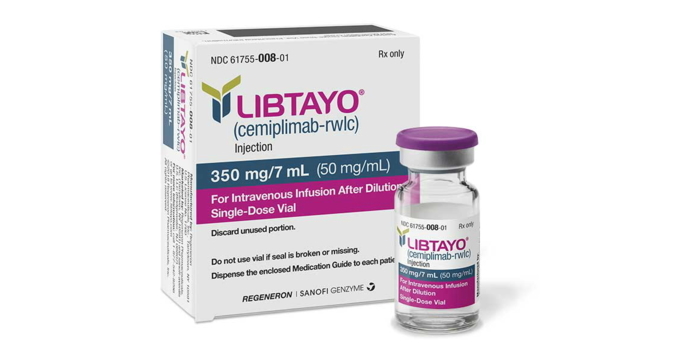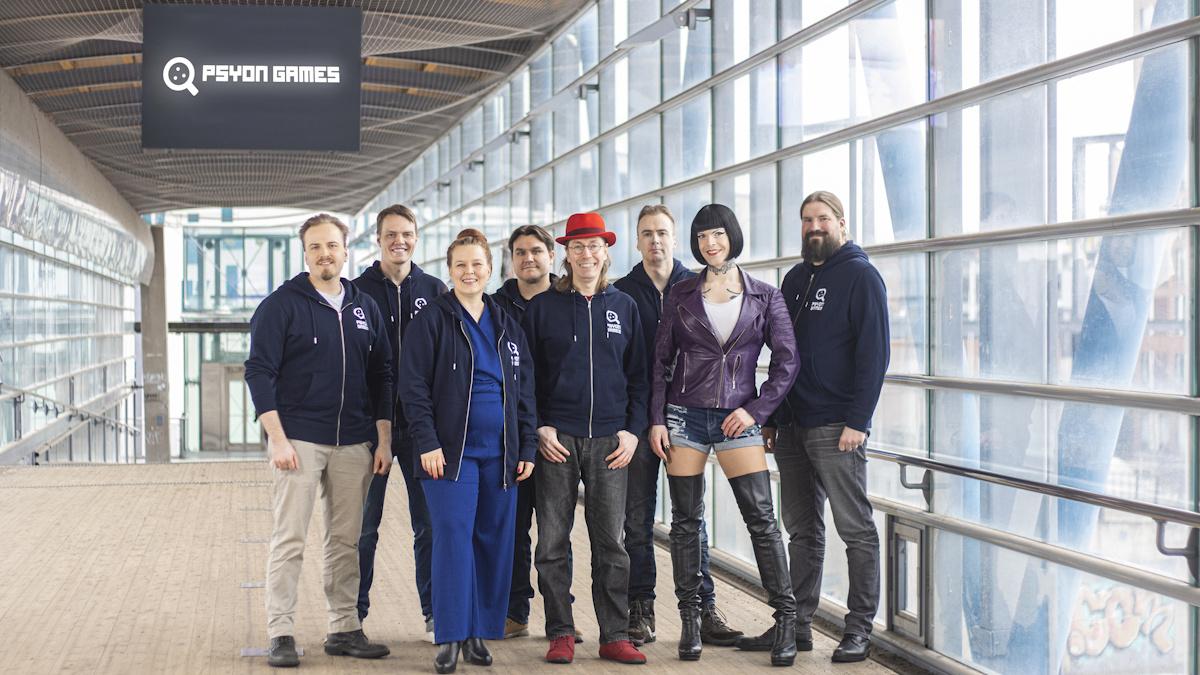Sanofi, Regeneron prep filings for Libtayo in cervical cancer

Sanofi and Regeneron’s checkpoint inhibitor Libtayo has become the first immunotherapy to improve survival when used as a second-line therapy in cervical cancer, setting up regulatory filings later this year.
A phase 3 trial of the PD-1 inhibitor in cervical cancer patients who had progressed after first-line chemotherapy has been stopped early after an interim look at the data showed that the drug cut mortality by 31% compared to second-line chemo.
The median overall survival with Libtayo (cemiplimab) was 12 months, compared to 8.5 months for the control group, which was treated with chemo selected by investigators.
The study enrolled women with squamous cell carcinoma and adenocarcinoma forms of cervical cancer, and the death rate in those subgroups was reduced by 27% and 44%, respectively, with Libtayo. The trial enrolled patients with advanced cervical cancer regardless of PD-L1 status.
If approved, Libtayo will take on some heavyweight competition in the second-line cervical cancer immunotherapy category, in the form of Merck & Co/MSD’s top-selling PD-1 inhibitor Keytruda (pembrolizumab).
Keytruda has been approved for this indication since 2018 based on an overall response rate of 14.3% in the KEYNOTE-158 trial, which is a fairly low efficacy bar to challenge.
It doesn’t have overall survival data in this type of cancer, and furthermore was cleared only in PD-L1-expressing tumours, so Libtayo could have the important advantage of being suitable for ‘all-comer’ patients if approved.
Other checkpoint inhibitors are meanwhile also coming through late-stage development for cervical cancer, notably Bristol-Myers Squibb’s Opdivo (nivolumab), which has been combined with the company’s CTLA4 inhibitor Yervoy (ipilimumab) in an arm of the CheckMate 358 trial.
Data from that study showed improvements in overall response rate but so far an improvement in survival hasn’t been shown.
That means Libtayo has a chance to build a position as a go-to immunotherapy in cervical cancer, which is the fourth most commonly occurring cancer in women with around 500,000 cases worldwide although it is showing a downward trend thanks to mass HPV vaccination.
The five-year survival rate across all stages of the disease is 68%, indicating there is still much to be done to improve therapy.
According to Regeneron, there is no approved standard of care after first-line chemotherapy in advanced cervical cancer.
Libtayo was approved in 2018 for advanced cutaneous squamous cell carcinoma, and since then has also been cleared for basal cell carcinoma and most recently first-line non-small cell lung cancer (NSCLC) patients whose tumours have high PD-L1 expression.
While gaining momentum in the crowded NSCLC immunotherapy market is likely to be a challenge, Sanofi and Regeneron are hoping to carve out a niche for Libtayo in indications like BCC and cervical cancer where there is less competition.
Analysts think these indications could propel the checkpoint inhibitor to blockbuster sales levels in the region of $1.5 billion, though still well shy of the $14 billion-plus posted by class leader Keytruda in 2020.













